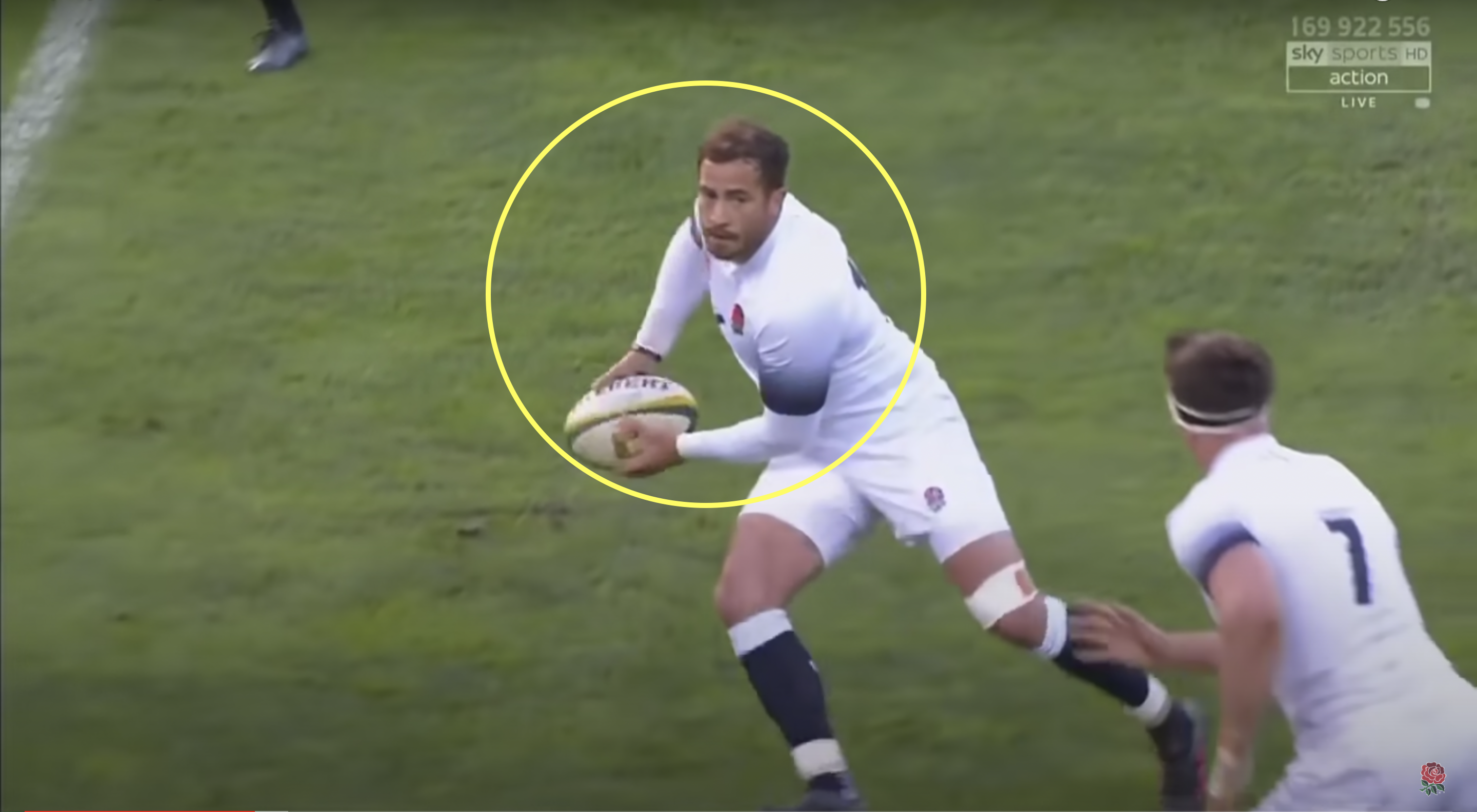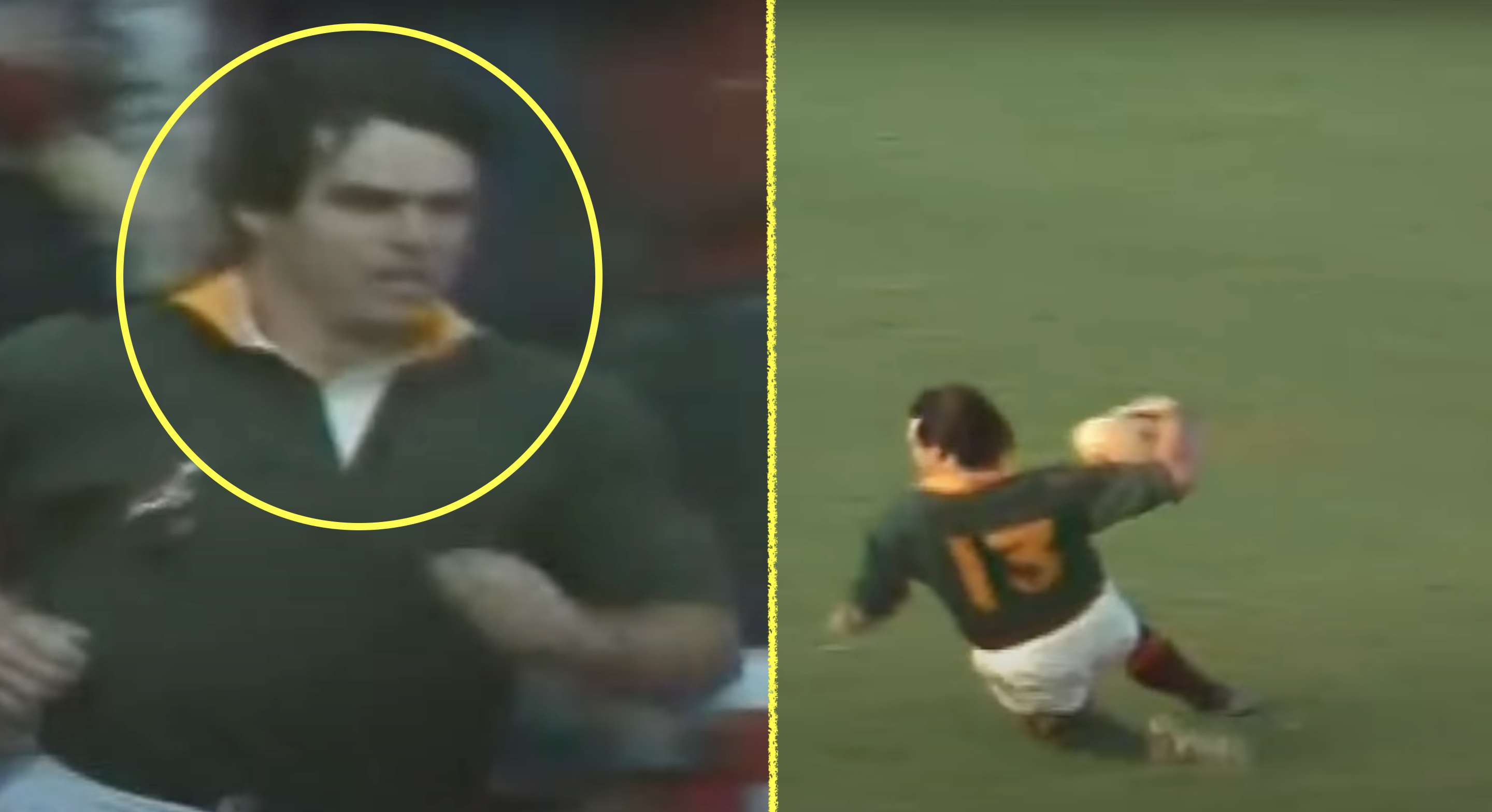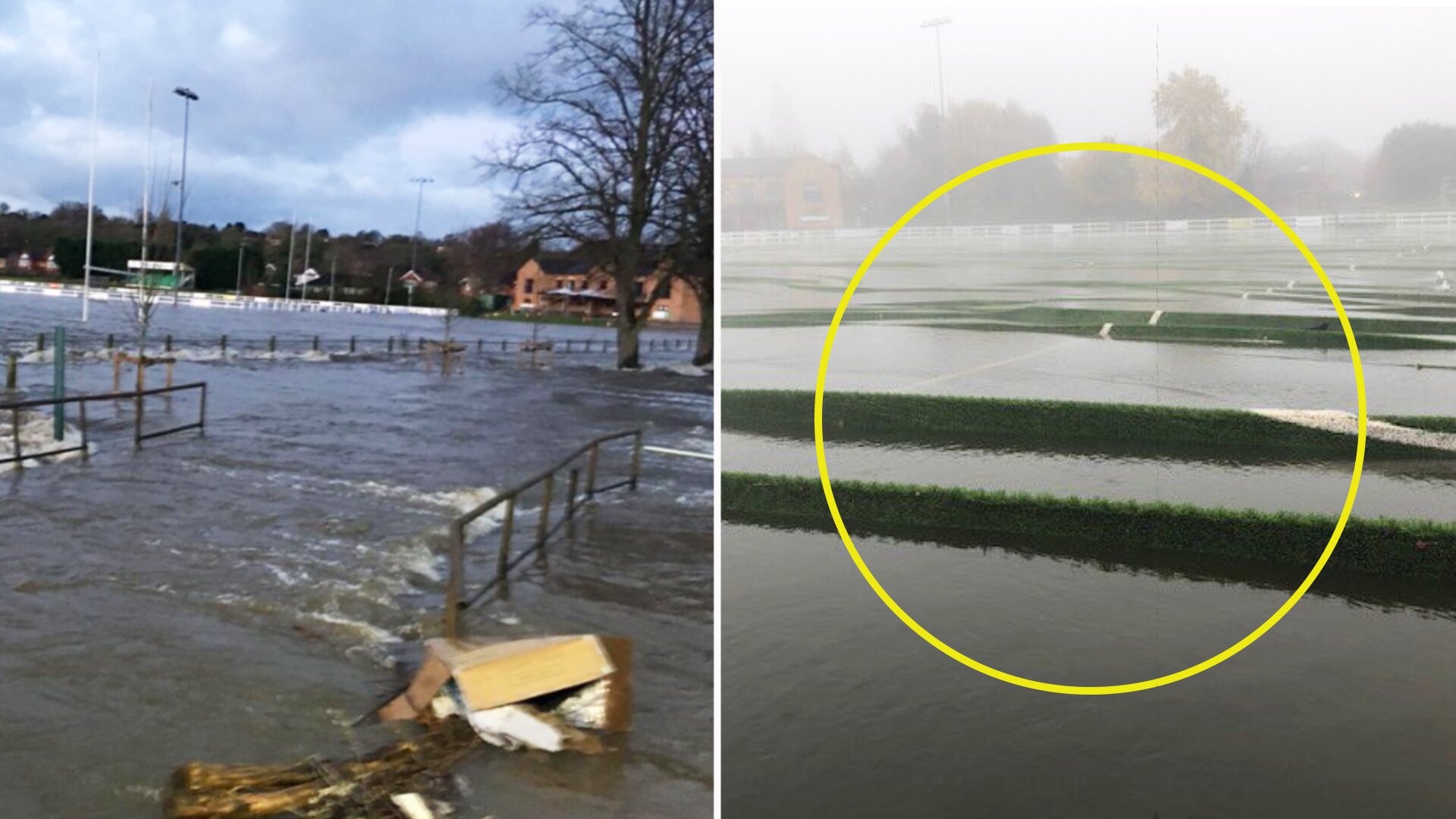
Danny Cipriani could find new route back into international rugby
While much of the rugby world has been discussing how the birthright amendment to World Rugby’s regulations could benefit Fiji, Samoa and Tonga from next year, there are plenty of other countries that could reap the rewards as well.
On of those countries is Trinidad and Tobago, who could benefit from the services of Danny Cipriani, whose father is Afro-Trinidadian. The Bath fly-half won the last of his 16 England caps in June 2018, and would therefore be eligible to change as he has had a stand down period of 36 months.
World Rugby announced last week the criteria that would allow a player to switch country under the revised Regulation 8 (eligibility) from January 1st, which states: “The player must stand-down from international rugby for 36 months,
“The player must either be born in the country to which they wish to transfer or have a parent or grandparent born in that country,
“Under the revised Regulation 8 criteria, a player may only change union once and each case will be subject to approval by the World Rugby Regulations Committee to preserve integrity.”
It is clear that the 34-year-old Cipriani ticks all of those boxes, as was pointed out by former Trinidad and Tobago international Selwyn St. Bernard on Twitter. He also said that Biarritz captain Steffon Armitage could also make the switch. The flanker, like Cipriani, was severely underused by England in many fans’ eyes, having won only five caps between 2009 and 2010. Now at the age of 36, the former European player of the year could also make a return to international rugby.
Under the new eligibility rules Trinidad and Tobago could select Danny Cipriani and the Armitage brothers ( hypothetically) and that is the benefits of this rule change. Small unions can boost their playing pool exponentially. #rugbytonight @btsportrugby @danleo82
— Selwyn St. Bernard🇹🇹 (@Selwynsaint) November 28, 2021
World Rugby Chairman Sir Bill Beaumont said last week: “Approval of this landmark regulatory change is the culmination of detailed and widespread modelling and consultation across the game. We have listened to our membership and players and sought to update the regulation recognising the modern professional rugby environment without compromising the integrity of the international game.
“Any player who wishes to transfer will need to have a close and credible link to their new union, namely birthright or parent or grandparent birthright while meeting strong criteria, including a 36-month stand down period. We believe that this is the fairest way to implement progressive change that puts players first while also having the potential to support a growing, increasingly competitive international men’s and women’s game.”


